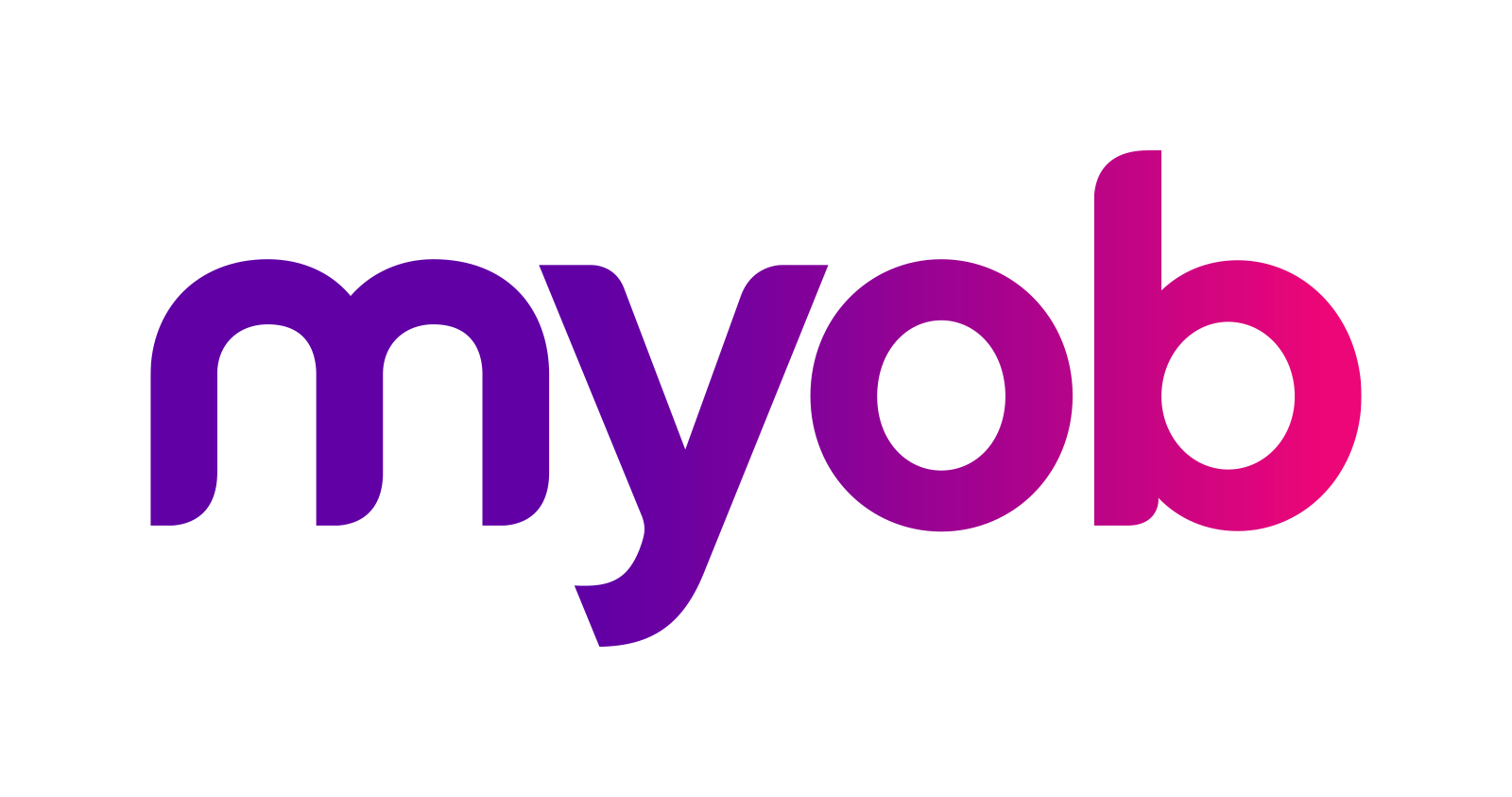News Articles
Business
Why culture matters - the competitive advantage
29 January 2023

Culture is more than just a vibe that permeates the workplace during daily tasks. It serves as the focal point where the businesses values converge, influencing performance and enhancing its long-term return on investment. It plays a crucial role in attracting and retaining employees that serves as a juncture for a competitive advantage. A healthy corporate culture isn’t about flashy perks: free lunches, unlimited time off, and dog-friendly offices. It’s about how employees are valued, trusted and encouraged to contribute to the values of an organisation.
Creating the ideal business culture defies a one-size-fits-all formula. How your culture develops will always be distinct to your organisation and its individuals. Elements that hold significance for them might not be explicitly outlined here, or in any list, for that matter. Our perception of the employee experience varies widely from person to person. Creating and sustaining a strong company culture isn’t just the responsibility of the CEO or upper management, it’s an organisation-wide effort.
Consider these elements as a starting point and then explore how you can build upon them to encompass what holds significance for your organisation.
Trust is a must
Renowned author and thought leader Patrick Lencioni emphasises, "When there is trust, conflict becomes nothing but the pursuit of truth, an attempt to find the best possible answer." Trust stands as a fundamental element in robust cultures. Businesses must establish trust across their people, suppliers, and leadership teams when they seek to drive high performance.
Trust fosters open communication, mutual respect, shared goals, and a commitment to employee growth and development. It serves as the cornerstone upon which all other elements of culture are built. Trust is necessary for retention and employee engagement; at its worst, it can affect a business performance and brand recognition in the community.
Consider this:
employers who are trustworthy, credible, and personable exert a significantly positive influence on employee retention, overall workplace satisfaction, employees' likelihood to recommend their business and their motivation to go above and beyond at work.

"words on paper or the lobby wall mean nothing if they are just words."
Values are valuable
The DNA of an organisation lies in its business culture – reflecting its values, beliefs, and commitment to upholding standards in day-to-day operations. Organisations can leverage values to create and maintain a culture that makes the enterprise a desirable place to work.
Values describe the behaviours and mindset expected from employees to realise the businesses vision. Regularly assessing your vision and values statement is crucial as the organisation evolves and adapts to changing times. Shared values can engage and empower, fostering innovation, creativity, and productivity. As Susan Hostetter (executive vice president for HR at TAB Bank Ogden, Utah) aptly states, it's essential to remember that "words on paper or the lobby wall mean nothing if they are just words." Simply put, be true to the values you choose as they can be valuable to your organisation.
Leading the way
The success or failure of a team often hinges on leadership. A proficient leader can inspire, motivate, and instil purpose, while an ineffective one can demoralise, hinder productivity, and drive employees away. Leadership serves as a pillar of culture, empowering employees to fulfil the businesses mission and recognise the vital importance of their contributions to these objectives.
The great place to work - leadership effectiveness indexi gauges business leaders across four key areas, assessing how well they:
- Align their words and actions
- Avoid favouritism
- Demonstrate competency, honesty, and approachability
- Show a genuine interest in employees as individuals
Effective leadership goes beyond merely achieving targets; it involves fostering
a team mentality that ensures everyone collaborates to the best of their abilities. This collaborative environment, in turn, contributes to reaching the necessary targets. The encouraging aspect is that great leaders can be developed, not necessarily born.
Establishing a corporate culture demands considerable patience and unwavering
commitment.
In conclusion, the most significant lesson and the primary obstacle share a common thread. Establishing a corporate culture demands considerable patience and unwavering commitment. How your culture evolves will always be distinctive to your organisation and its individuals. Dedicating regular time to assess the efficiency of your businesses culture is a crucial step in the right direction and an opportunity to gain a competitive advantage against the competition.
Discuss Further?
If you would like to discuss, please get in touch.
Disclaimer
The information provided in this article does not constitute advice. The information is of a general nature only and does not take into account your individual financial situation. It should not be used, relied upon, or treated as a substitute for specific professional advice. We recommend that you contact Brentnalls SA before making any decision to discuss your particular requirements or circumstances.







